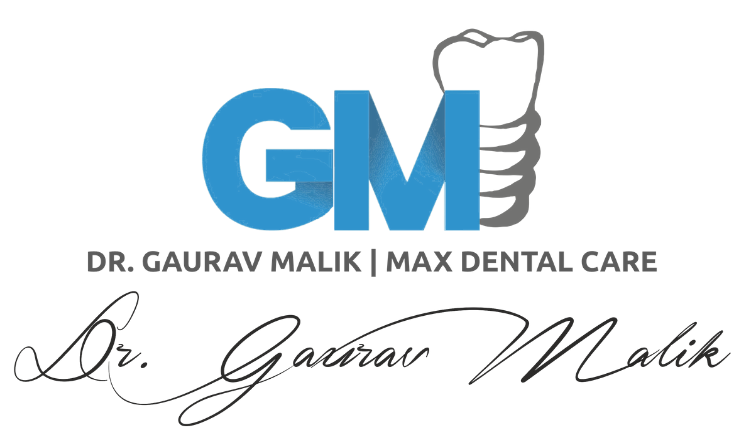A common myth amongst new parents is that cavities in baby teeth wouldn’t matter as they’ll be shed down by the body in the months to come. It is important to understand that it is not true. Dental decay in milk teeth (deciduous teeth) has a disastrous effect on the permanent teeth and can also lead to future dental problems.
The foundation of healthy teeth has to be laid on healthy dental practices right from the early years of life. Several studies have proved that poor diet and poor food habits and inadequate tooth brushing habits during the initial years of life have resulted in tooth decay in children. The development of cavities and caries in milk teeth further increases the risk of developing caries in permanent teeth. Hence, it is extremely important to establish proper oral hygiene routine early in life to ensure the development of strong and healthy teeth.
Parents / guardians have to be the role models for setting up a daily routine and to inculcate the importance of oral hygiene. Proper tooth brushing should be inculcated as a proper habit and an integral part of the daily routine. Children are very sensitive to social stimuli such as praise and affection, and learn best by imitating their parents. Physiological and mental development affects the oral care of children.What Parents & Caregivers Can Do
For Babies:
- Wipe gums twice a day with a soft, clean cloth in the morning right after the first feeding and right before bed to wipe away bacteria and sugars that can cause cavities.
- When teeth come in, start brushing twice a day with a soft, small bristled toothbrush and plain water
- By the time of your child’s first birthday do visit a dentist to spot signs of problems early
- Talk to your dentist or doctor about putting fluoride varnish on your child’s teeth as soon as the first tooth appears.For young children do consult a dentist prior to the use of fluoride toothpaste.
For Children
- Brush their teeth twice a day with fluoride toothpaste.
- Drink tap water that contains fluoride.
- Ask your child’s dentist to apply dental sealants when appropriate.
- Watch your child brush their teeth and teach them proper brushing habits.
- Make sure they always use a pea-sized amount of toothpaste and rinse it out and not swallow it.
- Help your child brush until they have good brushing skills.
Help make dental hygiene fun with these tips:
- Let your child choose their own toothbrush. They can pick one in their favorite color or character.
- Let your child help choose their favorite toothpaste. They can pick their favorite flavor.
- Read books or watch videos that talk about dental hygiene.
- Play their favorite song while they brush, this will help them to keep a track of time. Your child should brush for at least 2 minutes.
- Reward children for good oral care. Do not give them food or sugary treats. Offer something healthy or simple instead, like apple slices or a gold star.
- Plan a fun activity following your child’s dentist visit.
Things to consider
A very common habit amongst babies and young children is to thumbs, fingers, or a pacifier. Most children give up this habit on their own by age 4. Prolonged use has been proven to have problems with teeth alignment. Do consult your if your child still has a sucking habit after the age of 4. In most children, there is no reason to worry about a sucking habit until around age 6, when the permanent front teeth come in.
When to see a dentist
It is recommended that children should see a dentist around their first birthday. This gives the dentist an opportunity to look out for sighting the problems at an early stage. Pediatric dentists specialize in treating children’s dental health. You can talk to your dentist about proper oral care.
Visiting the dentist from a young age will help your child be more comfortable. It also establishes the good habit of regular dental checkups. Everyone should see the dentist twice a year.
Contact your dentist right away if:
- Your child has tooth pain or a tooth or mouth infection.
- Your child loses a permanent tooth. If you find the tooth, put it in milk and take it to the dentist with you. They may be able to reattach it.
Some questions to ask your doctor
- Does my child need to take oral fluoride supplements?
- What is the best type of toothbrush for my child?
- Can my child use mouthwash?
- Is my child at high risk for cavities?
- Are dental X-rays safe for my child?
- Is it okay for my child to chew gum?
Healthy teeth are important to your child’s overall health. They help your child eat and talk. Strong oral care helps set good dental habits as your child grows. Poor oral care can lead to infection, disease, or other teeth problems.

